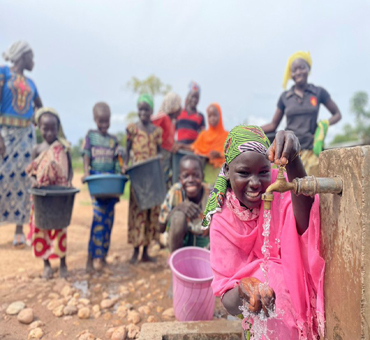By: Won Aid
Education
Education is the transmission of knowledge, skills, and character traits and manifests in various forms.
Education is the transmission of knowledge, skills, and character traits and manifests in various forms. Formal education occurs within a structured institutional framework, such as public schools, following a curriculum. Non-formal education also follows a structured approach but occurs outside the formal schooling system, while informal education entails unstructured learning through daily experiences. Formal and non-formal education are categorized into levels, including early childhood education, primary education, secondary education, and tertiary education. Other classifications focus on teaching methods, such as teacher-centered and student-centered education, and on subjects, such as science education, language education, and physical education. Additionally, the term "education" can denote the mental states and qualities of educated individuals and the academic field studying educational phenomena.
The precise definition of education is disputed, and there are disagreements about the aims of education and the extent to which education differs from indoctrination by fostering critical thinking. These disagreements impact how to identify, measure, and enhance various forms of education. Essentially, education socializes children into society by instilling cultural values and norms, equipping them with the skills necessary to become productive members of society. In doing so, it stimulates economic growth and raises awareness of local and global problems. Organized institutions play a significant role in education. For instance, governments establish education policies to determine the timing of school classes, the curriculum, and attendance requirements. International organizations, such as UNESCO, have been influential in promoting primary education for all children.



